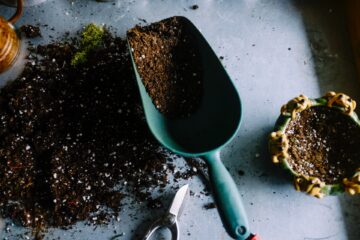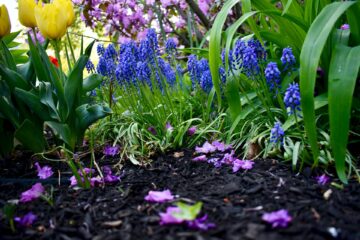Composting, an eco-friendly practice, is simpler than you might think. It’s a natural process that lets nature do the heavy lifting, benefiting both your garden and the environment. Discover how effortless and cost-effective composting can be, all while contributing to recycling efforts.
Start Composting with Basic Steps
Starting your composting journey is as straightforward as gathering organic materials like plant cuttings, vegetable peelings, lawn clippings, and fallen leaves. Begin by forming a pile in a corner of your garden. Regularly turning the pile using a garden fork ensures a mix of newer and older materials, promoting efficient decomposition.
Optimise Decomposition
Speed up the breakdown process by maintaining the right moisture level in your compost heap. Avoid excessive wetness by covering the pile with a tarp, helping to retain essential moisture. Consider utilizing commercially available compost bins with lids to neatly manage the process, especially in comparison to an open pile. During dry summer months, a little watering might be needed to maintain the optimal moisture balance.
Natural Helpers in the Process
As your compost pile thrives, it will naturally attract worms and insects that aid in decomposition. Embrace these creatures as allies in your composting journey, as they play a vital role in breaking down the materials.
Harvesting Your Compost
Once the composting process is complete, the rich, dark compost can be collected from the bottom of the pile or bin. This leaves the unfinished material at the top to continue breaking down. Integrate this nutrient-rich compost into your garden soil to enhance fertility and promote robust plant growth.
Composting is an accessible and environmentally beneficial practice that aligns with nature’s rhythms. With minimal effort, you can create valuable compost that enriches your garden and reduces waste. Embrace the simplicity of composting and contribute to a greener future.
Keep on top of your gardening with our free online journal
Our free online tool allows you to organise your ideas and garden plans and help you be as efficient as possible in the garden.
Sign up now

